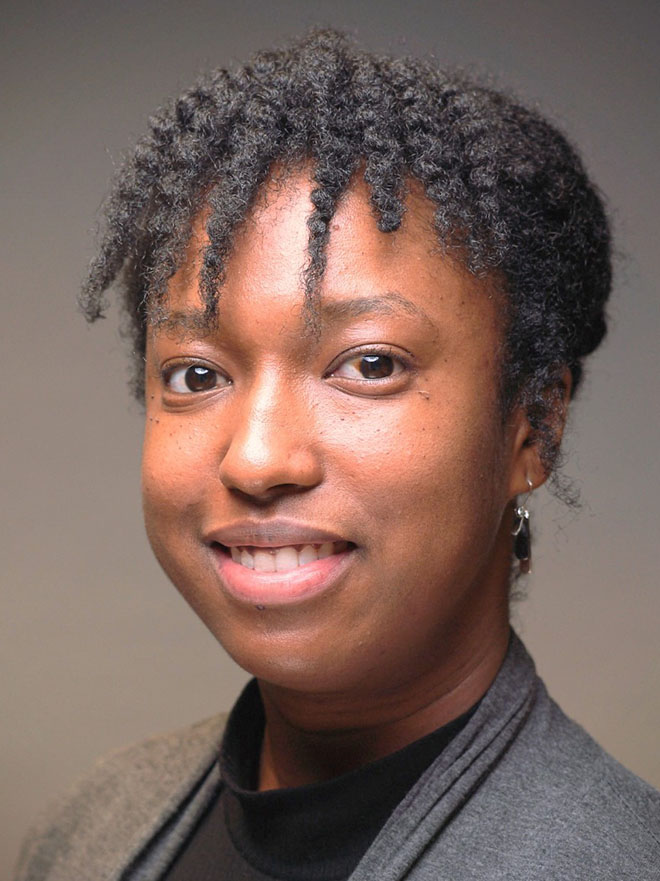
Concentration: Global Health
Dr. Gloria Holmes and May H. Futrell, PhD’76, Endowed Fellowship in Health Policy
For incoming global health PhD student Kumba Sennaar, it was the unique combination of global health and health systems expertise that drew her to Heller.
“COVID-19 has increased my sense of urgency to find ways to improve the quality of health systems globally, especially for vulnerable populations,” she says. “I’m excited to bring my multiple perspectives: working with physicians; and experience with policy.”
Prior to Heller, Sennaar focused on infectious diseases, particularly HIV/AIDS. As program and policy manager of the HIV Medicine Association, part of the Infectious Diseases Society of America, she worked with physicians to advocate for patient care quality on Capitol Hill. A major aspect of her work was to preserve the Affordable Care Act, as well as Medicare and Medicaid funding, and to safeguard services like the Ryan White HIV/AIDS Program, which serves low-income people living with HIV/AIDS. Her most recent role was with the National Medical Association, directing a project on HIV prevention and education, serving as a liaison to the Centers for Disease Control. She helped physicians better communicate with their patients about medications like Pre-exposure prophylaxis (PrEP), which can prevent high-risk individuals from contracting HIV.
Her interest in infectious diseases started when she lived in Senegal during her high school years and contracted malaria.
“I was fortunate, but with the number of cases still occurring across the globe, it really brought my attention to how we can get stronger from the health systems perspective,” she says. “Thinking beyond just the patient-provider interaction, to explore a more holistic perspective of what drives quality healthcare.”
As a freelance writer, she has explored her interest in bioethics, particularly the implications of artificial intelligence (AI) in health care. Her writing has been cited by consulting firms and by journals including the Boston University Law Review, Fordham Urban Law Journal and the Harvard Data Science Review.
“One of the things I hope to do at Heller is look at the data from an ethical perspective. How is AI being used in the fight against infectious diseases, and how can it be improved?”
For example, data transparency is a major concern, Sennaar says. As companies increasingly use AI to improve processes, it’s critical to look at where they are obtaining the data, and how patient privacy is being maintained. Predictive analytics may be able to take a large data set and identify the factors that increase a person’s likelihood to contract certain diseases, but there are ethical factors that should be considered to help educate patients about the process.
As Sennaar combines her research interests in infectious diseases and bioethics, she hopes to one day create lasting policy changes for vulnerable populations who don’t have the resources or access to the information they need to improve the quality of their health care.
“I’m excited to bring my skills as a writer and communicator, my ability to analyze data and my empathy to my research at Heller,” she says.
